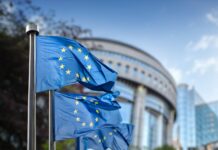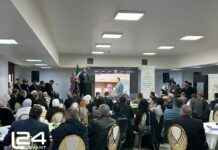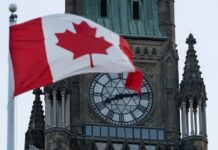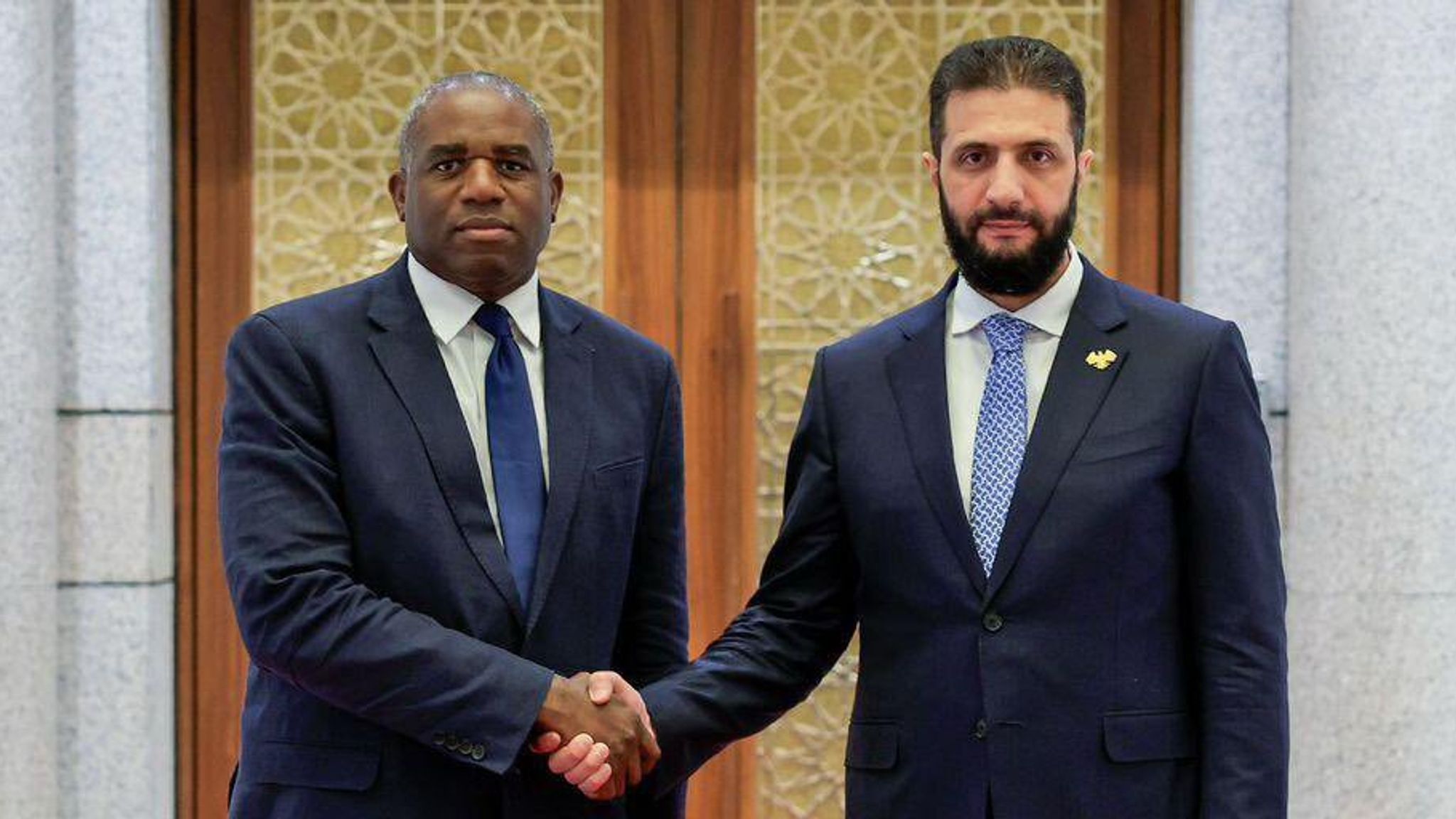
The US, the UK and the UN are taking coordinated steps to lift the last major international sanctions on Syria and its transitional government, signaling a major policy shift over a decade after the country’s devastating war. The move marks a turning point in Syria’s reemergence onto the global stage under President Ahmad al-Sharaa, whose government replaced Bashar al-Assad’s regime late last year.
According to Al-Monitor, the administration of US President Trump circulated a draft resolution at the UN Security Council seeking to delist Sharaa and Interior Minister Anas Khattab from the UN’s counterterrorism sanctions regime, which was established to target al-Qaeda (AQ) and ISIS affiliates. The proposed resolution would also expand humanitarian and commercial exemptions, facilitating trade and reconstruction in Syria. It includes a provision to relax elements of the arms embargo, allowing UN agencies to import equipment needed for demining and infrastructure repair.
The UN Security Council is expected to discuss the US-backed draft regarding remaining UN sanctions. Diplomatic sources cited by Independent Arabia said the measure has support from the UK, France and Russia, with China providing conditional approval after initially objecting over the presence of Uyghur fighters in Syria.
Shifts in US and UK Policy
The draft resolution represents a sharp reversal of years of Western policy aimed at isolating Damascus. It follows the US decision in July to delist Hayat Tahrir al-Sham (HTS)—formerly an AQ affiliate—from its list of Foreign Terrorist Organizations. That move was followed by a similar action from London this week, with the British government formally delisting HTS under its Terrorism Act and restoring full diplomatic relations with Damascus.
In a joint statement, the UK’s Foreign and Home Offices said delisting HTS would “strengthen cooperation with the new Syrian government” and support British priorities on “counter-terrorism, migration, and the destruction of chemical weapons.” The statement added that the UK “will continue to press for genuine progress and hold the Syrian government accountable for its commitments to stability and human rights.”
Former British Foreign Secretary David Lammy’s July visit to Damascus laid the groundwork for renewed relations. During the visit, he announced the reopening of the Syrian embassy in London and pledged £94.5 million ($129 million) in recovery and humanitarian assistance. “There is renewed hope for the Syrian people,” Lammy said. “The UK is restoring diplomatic relations because it is in our interest to support the new government to build a stable and secure future.”
Earlier this month members of the Syrian American Council (SAC) confirmed that the Senate approved an amendment repealing Caesar Act’s by year’s end. SAC member Muhammad Ghanem called the vote “a dramatic victory in every sense of the word,” adding the measure includes a nonbinding clause allowing Congress to revisit sanctions if Syria fails to meet transparency and security benchmarks over 12 months.
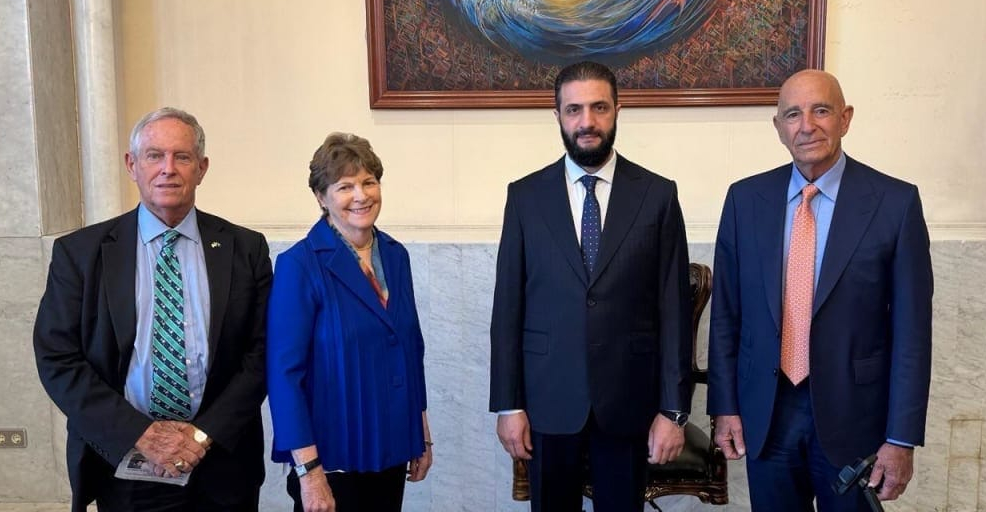
UN Deliberations and Global Implications
At the UN, discussions continue over how to balance humanitarian relief with counterterrorism obligations. Analysts at the International Crisis Group have warned that maintaining UN sanctions against figures such as Sharaa and Khattab risks prolonging Syria’s humanitarian crisis, with nearly 70% of the population still in need of assistance, according to UN estimates. Humanitarian agencies, although technically exempt, remain cautious due to the legal complexities of working with a government still linked to a listed entity.
UN experts say the delisting of HTS and its former leaders reflects recognition of the group’s 2016 break with AQ and its dissolution in early 2025. “Syria is the first country where an armed group has systematically dismantled an AQ affiliate,” Crisis Group researchers noted, emphasizing that HTS forces fought both ISIS and AQ remnants in recent years.
Despite those findings, some Security Council members remain cautious. Diplomats told Crisis Group that while HTS’s behavior has changed, “actions speak louder than words,” with concerns lingering about foreign fighters and governance. Others argue that sanctions relief should proceed gradually, using clear benchmarks such as counterterrorism cooperation and human rights progress.
A Narrow Window for Stability
President Sharaa, speaking to 60 Minutes earlier this month, said the lifting of sanctions is essential to Syria’s future. “All obstacles hindering Syria’s peace, security, and international engagement must be lifted,” he said. “We have a historic opportunity. The international community should do everything possible to facilitate Syria’s upcoming task.”
If adopted, the pending UN resolution would mark the most significant step yet toward normalizing Syria’s relations with the world. After years of isolation, the country stands at the edge of reintegration—and the stakes are high. As one senior UN diplomat told Al-Monitor, “This is not just about Syria’s recovery. It’s about whether the international system can adapt to a changed Middle East.”

